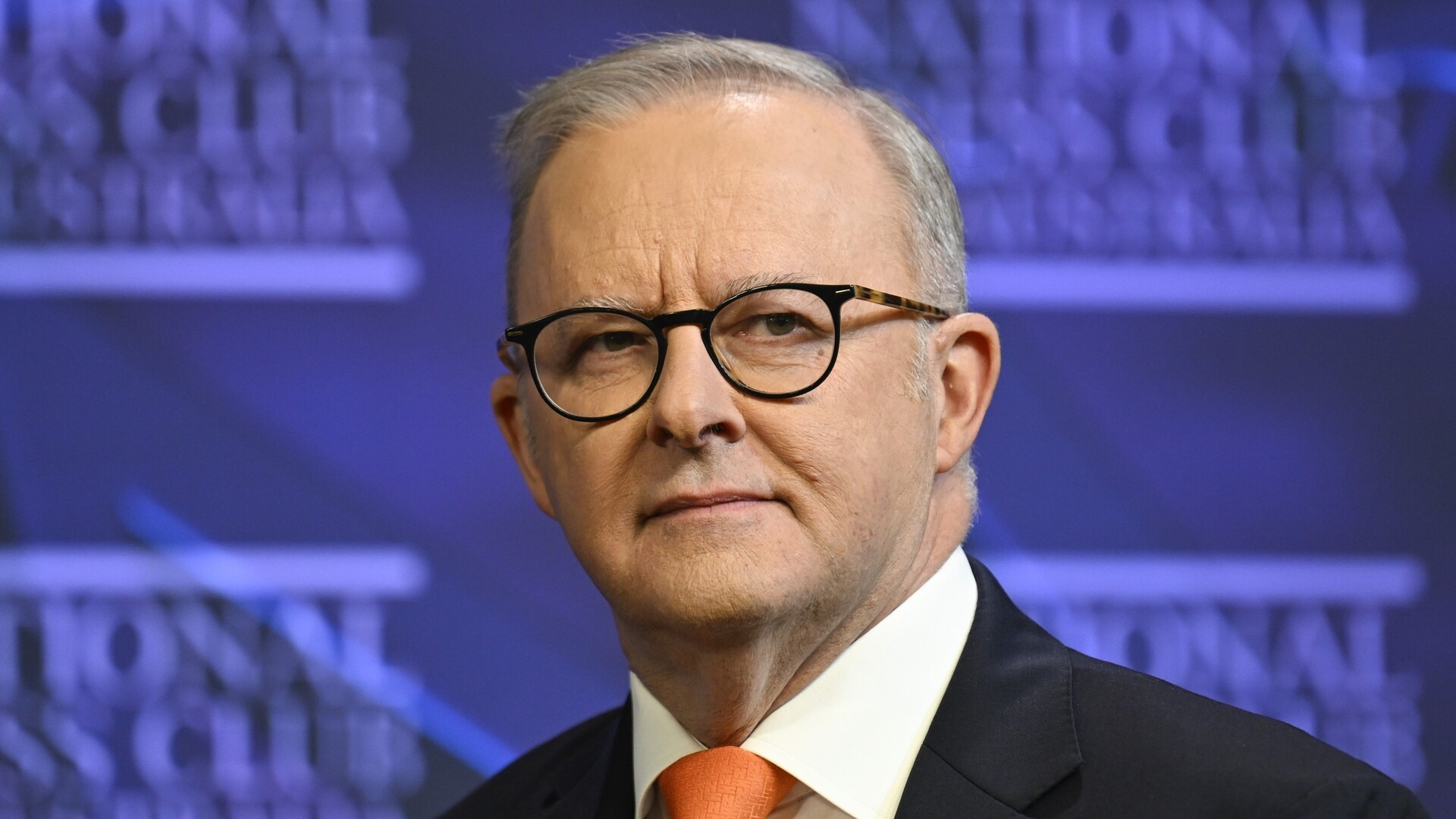Bosses wary but ready to smoke peace pipe with Anthony Albanese on economic and productivity crisis


Anthony Albanese must seize the opportunity of his landslide election victory and take bold steps to reverse Australia’s flatlining productivity and economic growth.
The Prime Minister’s olive branch to sceptical business and mining leaders on Tuesday is the first step in Labor’s plan to remain in power for the long-term.
Governments on their own will not fix what threatens to become an entrenched economic crisis where private investment falls flat, companies offshore operations and productivity remains sclerotic.
After Labor delivered win after win for union comrades in the 47th parliament, Albanese is laying the ground for a détente, with employers still fuming about new industrial relations laws they say make it harder to do business in Australia.
Another outstanding matter is the government’s failure to slash red tape fast enough.
Albanese’s decision to appoint Treasury boss Steven Kennedy as secretary of his Department of Prime Minister and Cabinet is a sign the Labor leader will take a more hands-on approach with economic policy.
In his first major speech since the May 3 election, which delivered Labor 94 seats in the House of Representatives and greater representation in the Senate, Albanese revealed he “asked the Treasurer Jim Chalmers to convene a roundtable to support and shape our government’s growth and productivity agenda”.

Albanese, who is focused on swiftly delivering Labor’s marquee election policies, wants to bring together business leaders, union chiefs and community groups to “build the broadest possible base of support for further economic reform”.
The offer for business and mining leaders to smoke the peace pipe is being treated with cynicism by some industry chiefs, who believe they were ambushed after unions dominated Albanese’s “jobs and skills summit”.
But if the PM is fair dinkum about economic growth and productivity-inducing measures, they are up for it.
Amid some internal and external criticism about Chalmers’s leadership of Labor’s economic reform agenda, Albanese is ready to step up and engage with industry captains and the opposition to broker deals.

There are some contradictions in Albanese’s messaging to business. He wants the private sector to lead the economic resurgence, but on Tuesday reaffirmed Labor’s position that “not every challenge can be solved by government stepping back”.
Albanese also doubled down on maintaining the government’s ballooning public service headcount.
Business leaders believe there is a chance Albanese and his ministers can work towards replicating some of the major red-tape reforms executed by British Labour Prime Minister Keir Starmer, who has made tough calls since winning last year’s UK election.
In addition to cutting foreign aid and dramatically lifting British defence spending in response to threats from Russia, nuclear risks and cyber attacks, Starmer has embarked on a mission to slash red tape to “drive economic growth and put more money in working people’s pockets”.
Starmer’s fight against stagnation stands in stark contrast to Labor’s piecemeal approach.
The returned Albanese government, which immediately handed provisional approval for the North West Shelf gas development, is making the right noises around red tape and faster approvals.

In his speech, Albanese said he wanted to drive “faster approvals for housing, energy and infrastructure projects, while ensuring sustainability”.
“Making it easier for Australian innovators to commercialise their breakthroughs and create jobs in Australia. Investing in the skills our nation needs and making sure those qualifications are recognised, nationwide,” he said.
“Ensuring all Australians are better prepared to capitalise on the opportunities of artificial intelligence while making sure we secure ourselves against its risks.”
He also made a salient point about why unions need a strong private sector.
“I say this to unions … You don’t get union members unless you’ve got successful employers. It’s the private sector that drives an economy. What the public sector should do is facilitate private sector activity and private sector investment,” he said.
Outcomes achieved from Albanese’s productivity and economic growth roundtable in August will prove how genuine Labor is about working with the private sector.


